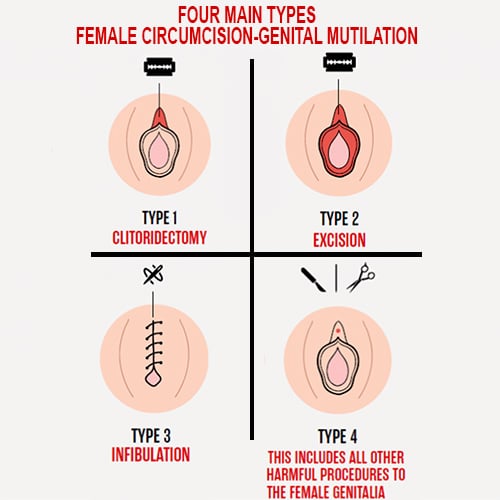There is no consensus age for routine male Sydney circumcision clinic . The procedure is easier when performed at a young age, but becomes more difficult as the child gets older. The study was designed to determine the best age for this type of surgery. For some parents, their religious or cultural beliefs drive this decision. It is a matter for convenience for other parents. For those who aren’t religious, the age range is the same for male circumcision. Waiting until a boy is at minimum one year old is a smart decision. Children heal faster than adults, and scarring is much less visible. In addition, most religious traditions recommend circumcision during infancy. A boy can have circumcision done at seven to eight days of age.

A skilled doctor can perform the surgery, which is usually a minor procedure. A doctor performing circumcision at an early age can ensure that the process will be successful, and that the child will be free of any complications. Circumcision not only reduces the risk of infection but also provides better hygiene. This surgery can reduce the risk of several health problems, including penile and other cancers. The IMC can circumcise a newborn boy. Many cultures and religions recommend that the procedure be completed at this age. Although it can be scary for babies, the benefits outweigh any risks. Although circumcision at this young age may seem extreme, there is a lot to be done. In the past, parents would wait until the boy was one to have the procedure done.
General anesthesia can be more dangerous than using it on an older boy. This procedure is also more expensive. The risk for infection or bleeding is significantly greater than for older children. The procedure can either be done at home or under local anesthesia. It is important that you remember that while it can happen at any age, it’s most appropriate for a newborn. There are not reliable studies that can determine the optimal age to circumcise. However, the majority of these studies found that the optimal age for circumcision was six months. The procedure can be painful and has risks.
The procedure can also have side effects so make sure your provider is experienced. The best time for a child to be circumcised is after the child turns six months. AAP recommends that a child be at least six months old to undergo circumcision. It is recommended to do this procedure before a boy reaches six weeks of age. It is not unusual for a boy with a circumcision to develop a bacterial infection of the urinary tract within the first year. Some sexually transmitted infections may be reduced by the circumcision procedure. Although the risk of developing penis cancer is very low, circumcision can reduce it by 30%.
There are a few potential risks associated with circumcision. The most common risks are infection and bleeding. For older boys, the risk of complications can increase ten- to twentyfold. Children are not likely to feel pain during the procedure, despite these potential risks. Although it is a surgical procedure, there are risks associated with it. This procedure can result in a unattractive penis. It is also dangerous for the child’s health. This procedure is generally performed at an early age, and is less invasive. It should be performed by a trained professional. While infants were not circumcised in the past at an early age due to their health, modern medical research has proven that circumcision is safe and effective.
It not only lowers the risk of infection but also lowers the risk for cervical cancer and Trichomonasis. Studies also show that it can lower the risk from bacterial vaginosis. The ideal age for circumcision is at the time when the foreskin is thin. It can also be performed during the newborn period. Some parents may choose to have it done at a different age for religious reasons. Some parents choose to circumcise their newborns within one year. However, it can also be done at a later time. The best age for circumcision is based on the child’s religion.
